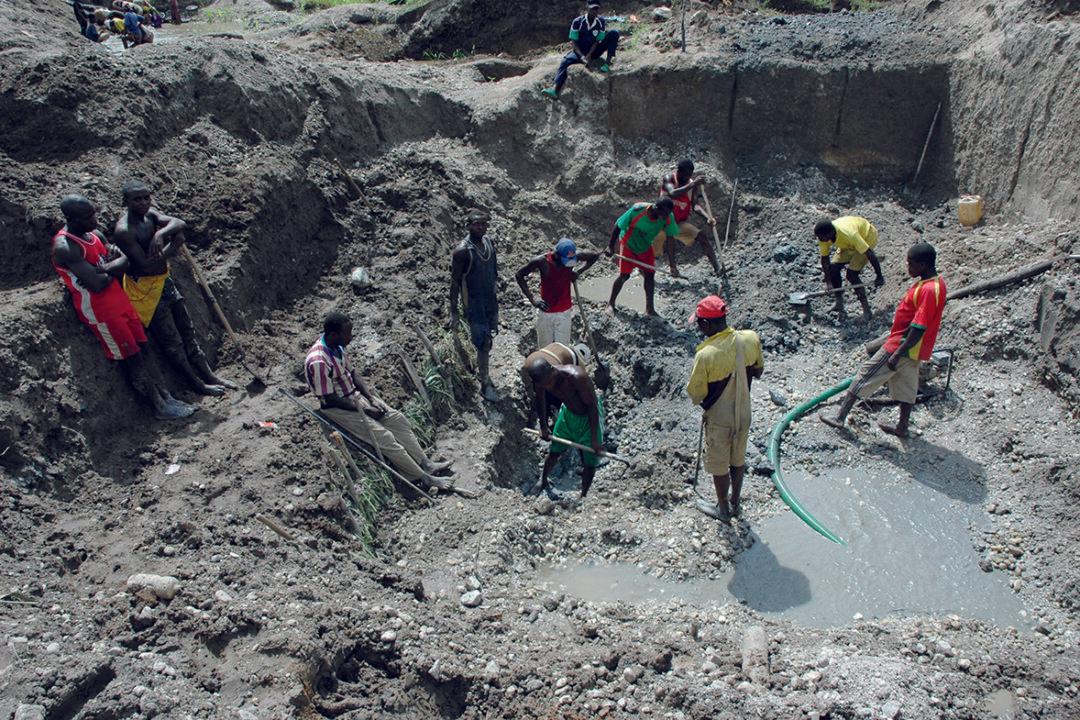YAOUNDE, Cameroon–Experts and activists are sounding alarms over the increasing deforestation pressure in Africa because of Chinese-funded projects on the continent.
China has significantly increased its footprint in Africa in recent years. According to data by China Africa Research Initiative, commercial exchange between Africa and China has multiplied by at least eight times since the 2000s.




